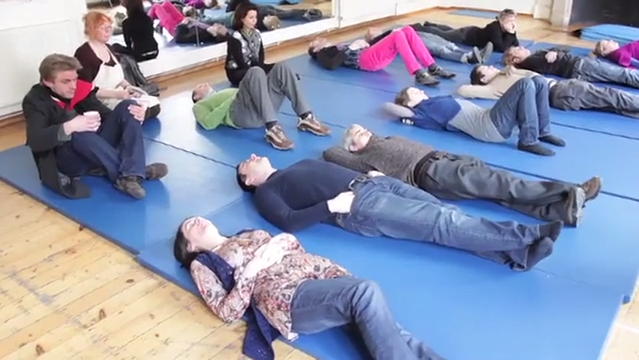Privacy Game – now available to download under a Creative Commons license
A game to communicate and explore privacy and consent issues
The Visualisation and Other Methods of Expression (VOME project) has been working on a card game to support the discusison and teaching of issues of online privacy and consent.
The game is designed for 3-5 players and is playable in about half an hour.
The game emerges from research that the VOME team have been conducting into people’s experiences of privacy and consent online, and how they understand these issues. It also draws upon research into the most effective ways to communicate information on these topics. The aim is to develop alternative conceptual models of online privacy which enable users to make clearer choices about online disclosure.
The game is now available to download and print here.
If you would like a higher resolution version, you can access that here via DropBox. The game is licensed under Creative Commons Licence Attribution-NonCommercial-NoDerivs (CC BY-NC-ND) by Royal Holloway, University of London on the behalf of the VOME project partners.
‘E-safety’ education material is often dominated by information security and policing concerns, and does little to develop understanding of the online environment and the skills to negotiate it. Privacy and consent are often poorly negotiated in online social and commerical transactions.
The main idea behind Privacy is to use the rules of a game to model the way that information flows around the online environment. In real life, these flows are complex and often hidden. In a game, we can simplfy the relationships and decisions somewhat, and provide immediate feedback on the effects of those decisions. The game therefore makes an argument about the way privacy and consent work online. Players can respond to these issues, opening the possibility for debate and discussion – are these the ways we want to act online? What is the best way to make decisions about what information to reveal and when?
Players seek to collect different types of personal information cards, so that they can create a ‘database’ of matching types. There are six categories of personal information in the game and each card has a different combination of types of information.
Each player takes on a secret character (such as a hacker, online shopper, advertiser or bank). This demonstrates how different people want to make different types of information public or private. Players are encouraged to trade cards back and forth between themselves during the game.
Privacy also features a random event deck. Events such as ‘Superinjunction’ or ‘Game network hacking’ use real world events to change the way the game players, making information valuable in different ways or creating difficult choices for the players. The event deck can be modified to highlight particular issues and concerns or to appeal to a particular audience.
The game will be supported by a range of materials, including guides on how best to make use of the game to support learning, and alternative ways of playing the game. The game should support numeracy and negotiation skills as well as discussion around online privacy. The game has been designed to be playable within an average lesson, with space for introducing the rules and debriefing. Privacy has been play-tested with Consult Hyperion, a technology consultancy, the Sunderland Voluntary Sector Youth Forum, with IT security professionals and with the BCS.
There are strong links between play and educational development, and we hope to use a game to engage with a complex environment in a structured way, whilst at the same time still providing an enjoyable and fun activity.
The research behind the privacy game has been funded by the Engineering and Physical Sciences Research Council, the Economic and Social Research Council and the Technology Strategy Board.
If you would like to hear more about the VOME Privacy game, or be kept informed about its development and availability, please vist www.vome.uk or contactd.barnardwills@cranfield.ac.uk.
Played the game? We’d love to hear your thoughts. Share your feedback here.



